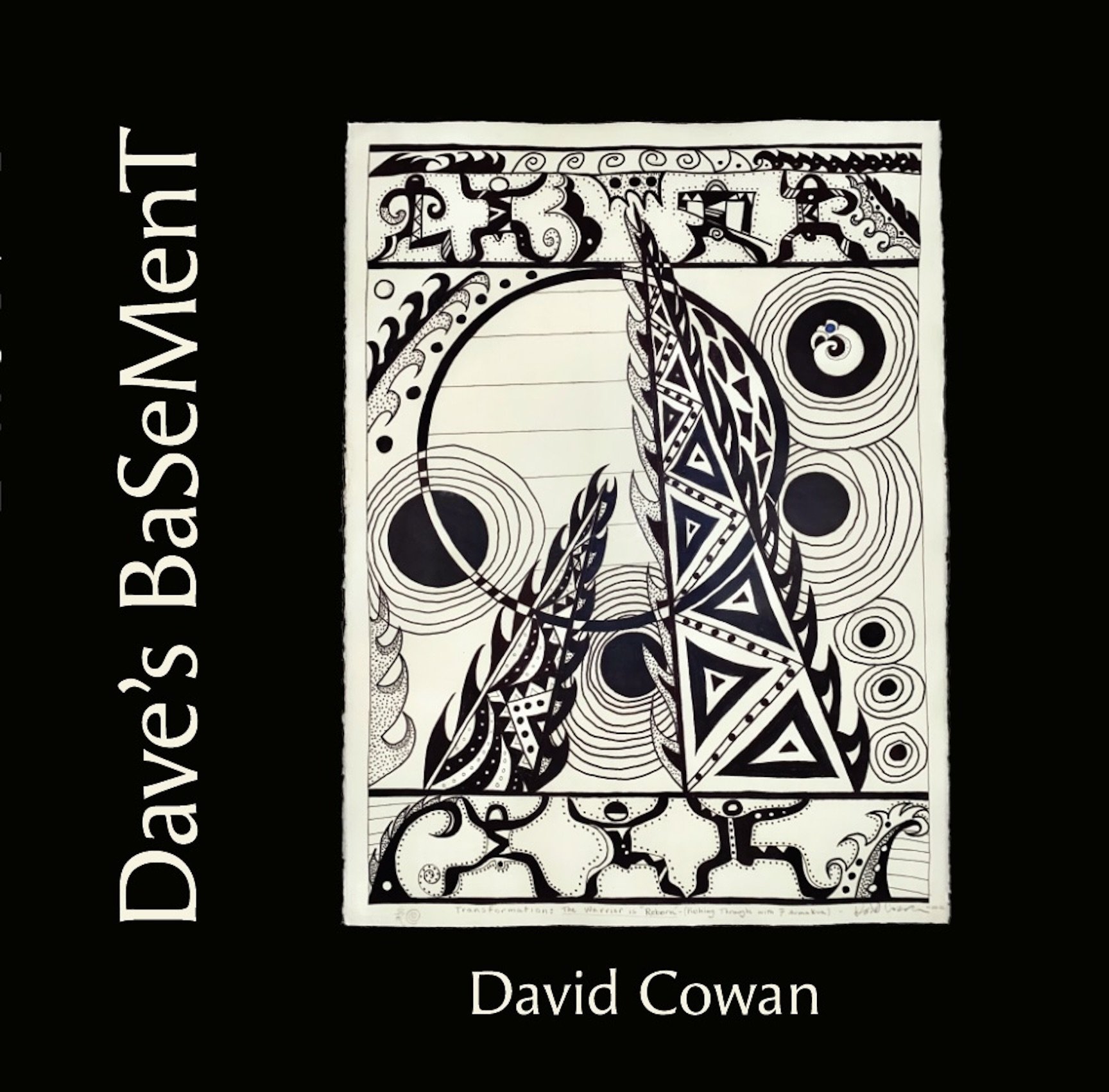"Legends say Bodhidharma meditated for 9 years in silent retreat in a cave at Shaolin Temple by staring each day at the wall. And when he was at last compelled to turn away from the wall he wrote two books which became the foundation of Kung Fu...'The Muscle Tendon Changing Classic' and 'The Bone Marrow-Brainwashing Classic.' I used to think that was a very inspirational story, but only a story; no one would do that. What kind of a nut job would waste 9 long years staring at the blank grey rock wall of a cave?
But then 9 years ago, on Qigong retreat, Master Chan brought back from a Grandmaster he met in Shanghai, a healing technique called the Hunyuan Chau...
The whole group of advanced students sat in a circle and meditated for over an hour on an energy ball along the central channel, behind the Solar Plexus, below the Heart, spinning and spinning the ball faster and faster until the ball felt very tangible and real; spinning and spinning and spinning like a Cosmic Tibetan Prayer Wheel very very fast. And then at just the right moment Master Chan reached inside the ball with his hands and split the ball, opening my central channel. It was a shattering and shuddering experience.
For a long while, maybe 20 minutes?, I was unable to stand. Then finally when I was able to stand again, it felt like I had to relearn to walk. I was very shaky. He held onto me until he was sure I had my balance again. He whispered to me: "Very interesting isn't it?" I had to agree...
When I returned home after the retreat I could tell something had shifted, but I didn't know what... Then an event occurred on my birthday. I had had a martini and several glasses of wine that night and was out listening to live jazz... I suddenly became conscious of myself being Unconscious! It was quite shocking! It was like I was watching myself from outside. I was drunk. And I did not like what I was seeing... I vowed to stop drinking! Over the course of the next few weeks I found out how difficult that was...
I called Master Chan in California and explained what happened to me and my sudden decision to quit drinking cold turkey; how I was freaking out and couldn't stop crying... He said: 'Sometimes the Qi wants us to heal the Past. When the Hunyuan Chau is opened, all the hurts of the Past will come up. It will be like it is happening all over again. But once it is out it will be out for good. Maybe it will help you to see a Therapist?' I asked him where I could read more about the Hunyuan Chau? He said: 'Nowhere. Some things are not written down.'
NOW: When I was a child, my Mother had told me all about 'The Can Of Worms'... And she said that one thing was absolutely certain - you NEVER want to open 'The Can Of Worms'! That is the last thing you would ever ever want to do!
And here I was, at age 46, breaking her Prime Directive.
Over the course of the next 9 years, more and more 'worms' came out...dark secrets...bad memories...vivid scenes of hurts and sorrows and angers and rage...harsh thoughts and beliefs about myself...I almost completely withdrew from society. Except for my healing work with others I withdrew. I stayed in, I avoided all venues where the focus was drinking alcohol. I stopped socializing almost completely. I lost 'friends' left and right. And I meditated, meditated, meditated day after day after day - down in Dave's Basement - on my pain and my sorrows, my frustrations and my fears, and all the negative beliefs about myself and their origins...
I did not plan to retreat from my Life for 9 years! It just took as long as it took. But, apparently, Master Chan was right: 'Sometimes the Qi wants us to heal the Past.'
And then one day it dawned on me: Bodhidharma's story is not just a legend! Maybe he actually did that!? It no longer seemed so far fetched to me... Healing takes as long as it takes... Maybe the Qi wanted him to heal his Past? Maybe he wasn't just a total nut job after all?
Or else maybe, just maybe: I am the same kind of nut job???
At least I didn't cut off my eyelids like Bodhidharma! (The legend says he cut his eyelids off in disgust with himself for falling asleep while meditating! Yikes!)
So I am not totally crazy!
Hao La!
--Pahka Dave






















